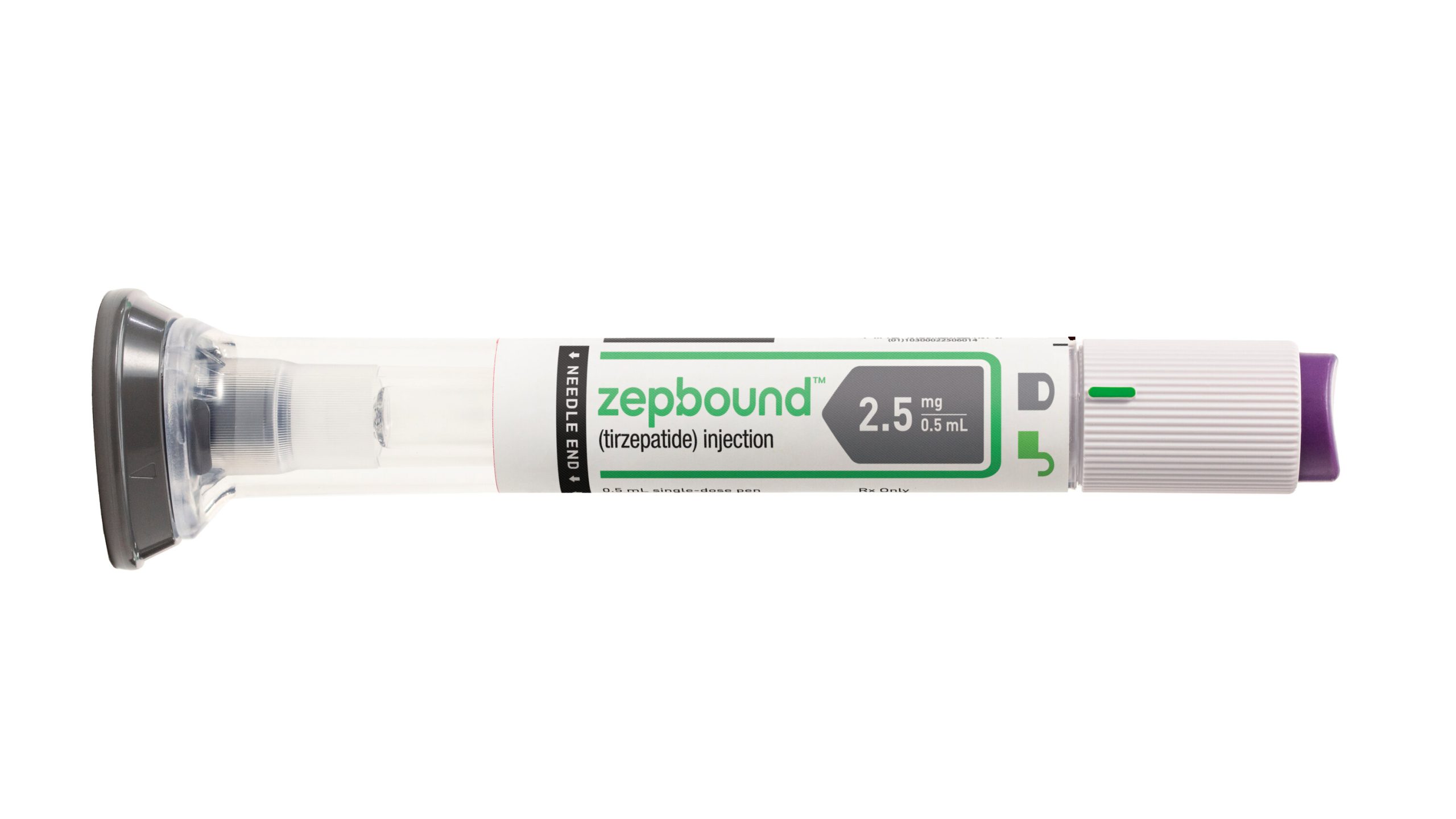The Food and Drug Administration (FDA) has granted Eli Lilly approval for a new obesity drug, Zepbound, positioning it as a competitor to the widely-used weight loss medication Wegovy.
This approval represents a significant advancement in tackling the prevalent issue of obesity.
Zepbound has shown substantial efficacy in weight reduction, with patients achieving an average body weight decrease of 18% in the highest dosage trial, surpassing Wegovy’s 15%.
“The FDA approval covers individuals with obesity and those who are overweight with at least one obesity-related condition.”
Zepbound is already approved for diabetes treatment under the name Mounjaro, competing with Novo Nordisk’s Ozempic. The introduction of tirzepatide as Zepbound provides an additional option for effective weight management.
Side effects, similar to those associated with Wegovy, Ozempic, and Mounjaro, primarily include gastrointestinal issues like nausea and diarrhea, which are generally well-tolerated by most patients.
Administered via self-injection on a weekly basis, akin to Wegovy, Zepbound could help alleviate supply shortages.
Market competition may lead to price reductions for both drugs, benefiting patients. While Wegovy has been notably expensive, Zepbound enters the market with an initial list price of approximately £1,060, according to Eli Lilly.

Development of Zepbound began in 2017 with a study involving 300 individuals with type 2 diabetes, demonstrating significant weight loss.
Subsequent extensive research with 2,539 people with obesity further confirmed unprecedented weight reduction results.
“Eli Lilly’s shift in focus from diabetes to obesity reflects a successful strategy with a two-molecule combination mimicking GLP-1 and GIP hormones.”
Utilizing a strategy akin to COVID-19 vaccine development, this led to Zepbound’s FDA approval within a record six-year period.
This milestone marks the beginning of Eli Lilly’s ongoing efforts to enhance drug effectiveness. Future plans include incorporating glucagon, another gut hormone, into upcoming drugs to stimulate metabolism and reduce liver fat.
Additionally, clinical trials for a pill form of tirzepatide are underway, aiming to offer a simpler and more accessible alternative to injections.
“In response to the global obesity epidemic, pharmaceutical companies like Eli Lilly recognize the need for oral medications to address the projected billion people with obesity by 2030.”
Dr. Daniel Skovronsky, Chief Scientific and Medical Officer at Eli Lilly, underscores the significance of developing oral medications to meet the increasing global demand.
